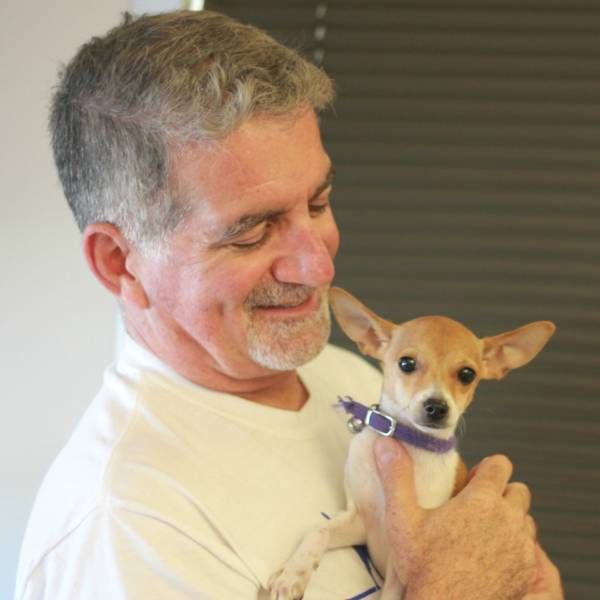Mahatma Gandhi said, "The greatness of a nation and its moral progress can be judged by the way its animals are treated."
Each year, nearly three million animals are killed in shelters across the country. In June, the last public shelter in California known to use a gas chamber to kill animals ended the practice. The shelter had been using carbon dioxide to end lives, a method known to cause pain and suffering for up to 15 minutes. Many people in the animal welfare community rejoiced. But what are we really celebrating? Animals will suffer less, but they will still die.
Sometimes animals are put down because they are sick or considered dangerous to humans. Their death is meant to protect them from pain and us from harm; however, while state policy says that no animal should be euthanized if it can be adopted or treated, most stray animals killed in public shelters are neither unhealthy nor unfriendly.
High euthanasia rates in California and elsewhere are a consequence of too great a supply and too little demand. That's why it's so important to adopt from public facilities. When an animal leaves a shelter, it creates space for a new one to be rescued. Still, some families purchase animals from breeders. Myths about purebred versus shelter animals abound.
In my work at a Redwood City animal shelter I meet rescued dogs and cats every day that were abused, neglected and abandoned. Most are kind, loveable and forgiving. Some are physically or psychologically damaged. They require extra care, discipline and love. But even the most challenging animals have the capacity to give love back.
